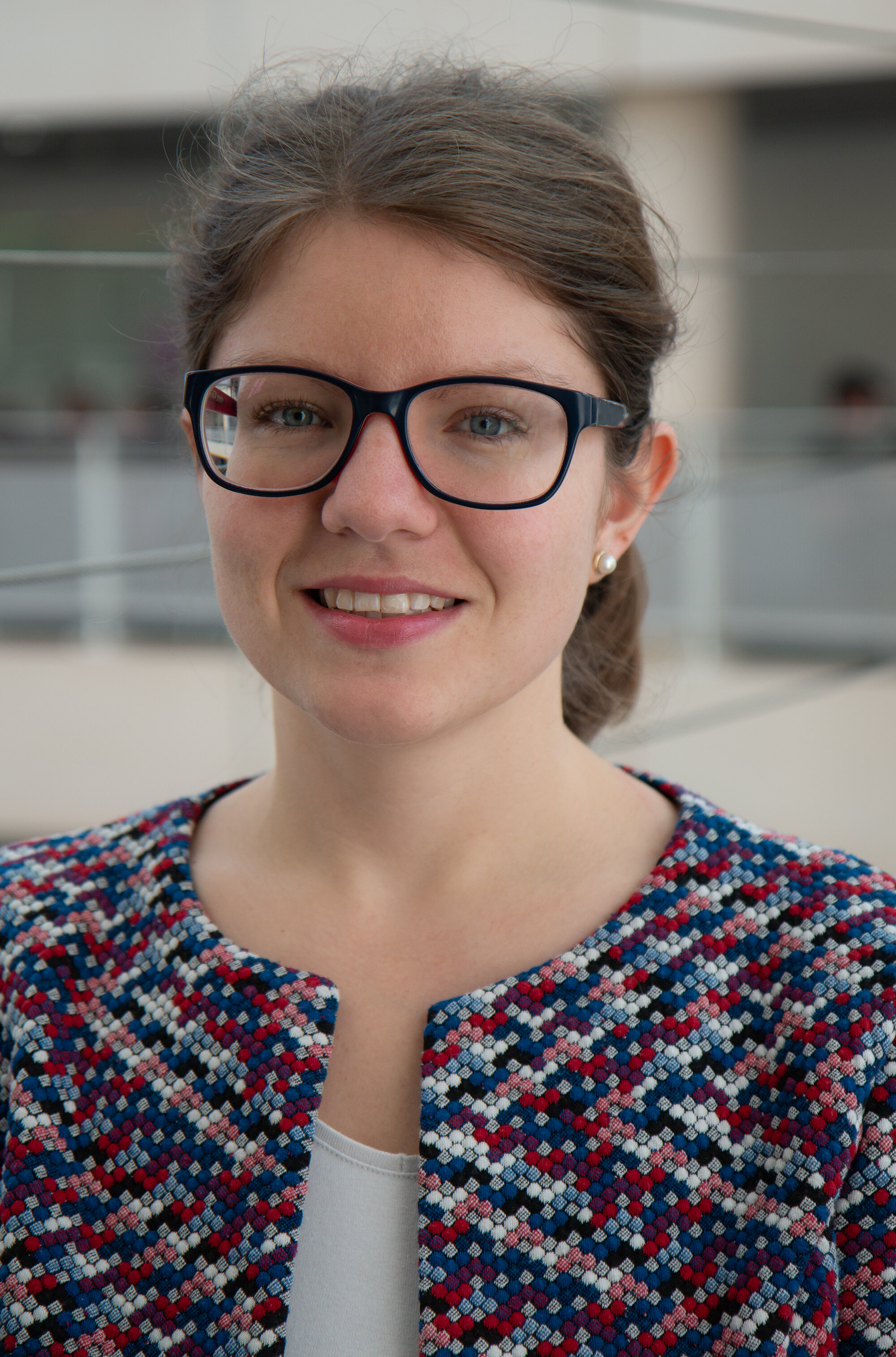The Eastern Partnership, hegemony, and my NORTIA residency in Maastricht
Submitted by Maastricht University on Thu, 03/19/2020 - 17:19
Isabell Burmester visited Maastricht University during her NORTIA Early-career Researcher Residency in autumn 2019. She is a doctoral researcher and assistant at the University of Geneva writing her thesis on EU and Russian hegemony in the ‘shared neighbourhood’.
The first time I visited the ‘shared neighbourhood’ was in early-2013 when my International Relations B.A. programme went on a study-trip to Kyiv and Minsk. I remember the consequences of the orange revolution and political reform progress being discussed at length in Ukraine. Only a few months later demonstrations were held again in Kyiv’s Independence Square. Then-president Viktor Yanukovych had just suspended the signing of the Association Agreement with the European Union seeking closer ties with Russia and the Eurasian Economic Union. What marked me most were the images of the EU flag being waived on the ‘EuroMaidan’. This got me thinking about the different types of power at work in this situation. What led the Ukrainian government to change its foreign policy so abruptly? What led the protest organisers to link their demands to the idea of a ‘European Ukraine’?
This puzzle provoked an interest in the hegemony literature and soon I found myself absorbed by theories and concepts of hegemony and power for both my Bachelor and Master studies. Finally, I decided that this would be my Ph.D. project for the years to come. Hegemony, or the predominant influence of one state over others, is often sustained by legitimizing ideas that secure the consent of the dominated. So, ideas play as much an important role as material incentives. However, I was unsatisfied by the lack of hegemony concepts that capture the complex interplay of these two. Based on the theoretical literature, I developed ideal types of hegemonic power mechanisms that range from direct influence (coercion) to indirect, ideational (co-optation) with more structural influence (prescription) in the middle of the spectrum. But how are these mechanisms used in practice? And what happens if two hegemons seek to influence the same region? These were the questions that guided my time at the Faculty of Arts and Social Sciences (FASoS) of Maastricht University.
Spending three months in Maastricht allowed me to discuss my conceptual framework with a range of competent scholars, all of whom gave very positive and valuable feedback. It also gave me the time to develop a research design for its empirical application. The lively discussions with Gergana Noutcheva, Michal Natorski, Giselle Bosse, Anna Herranz Surralles, Tom Casier, and Dorina Baltag provided not only great input for my theoretical and methodological framework but also made my time in Maastricht all the more enjoyable. The proximity to Brussels made it very easy to conduct interviews at the EU institutions and attend conferences and workshops on my topic. The NORTIA residency was an excellent opportunity to proceed with my dissertation and to develop ideas for future projects with my new colleagues. In the end, this is what international academic cooperation is all about. I am grateful to the NORTIA network and its early-career bursaries for making this possible.

